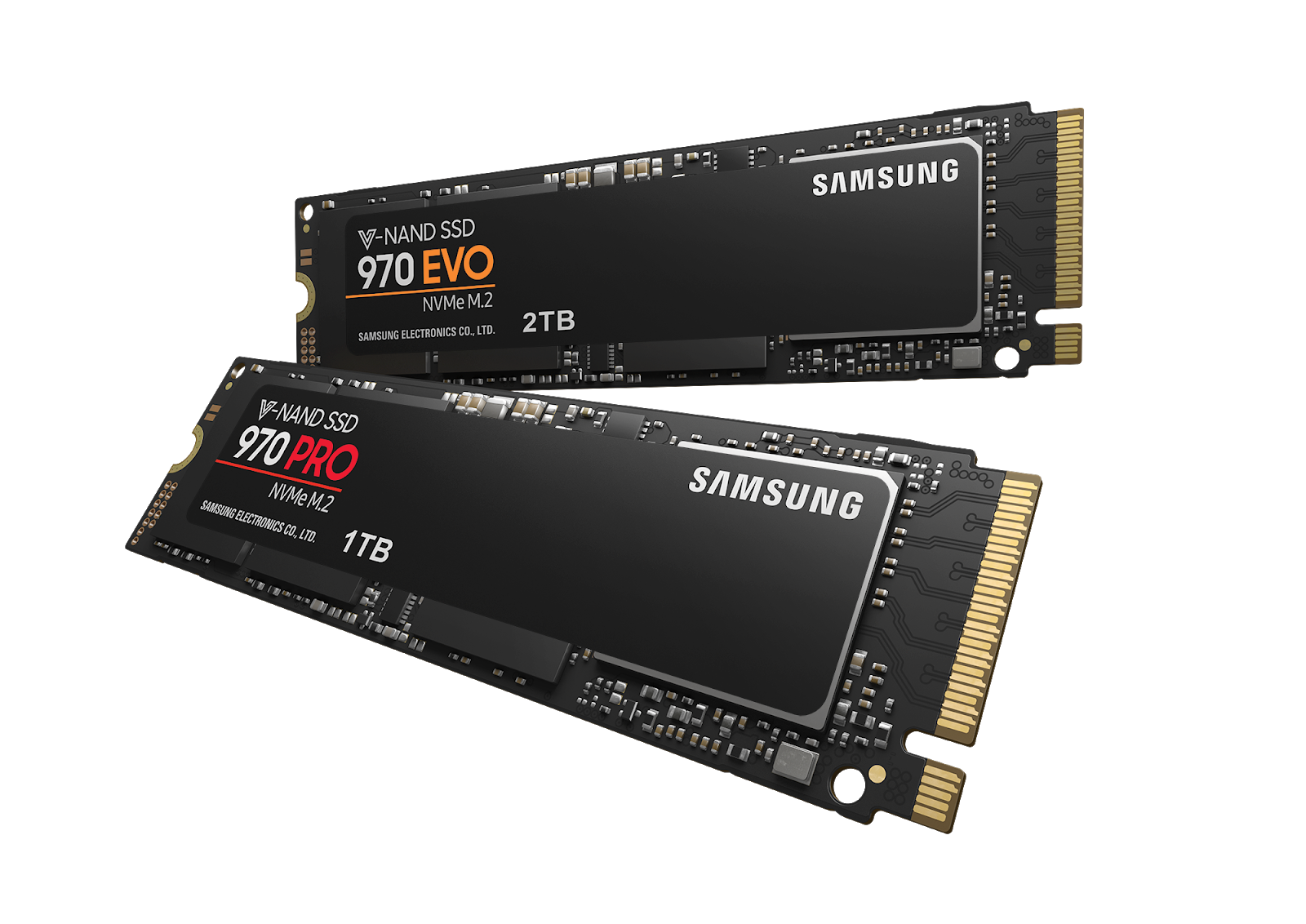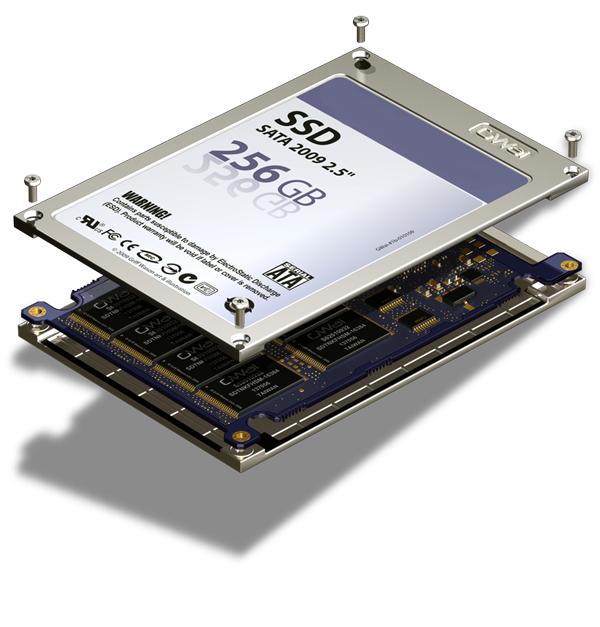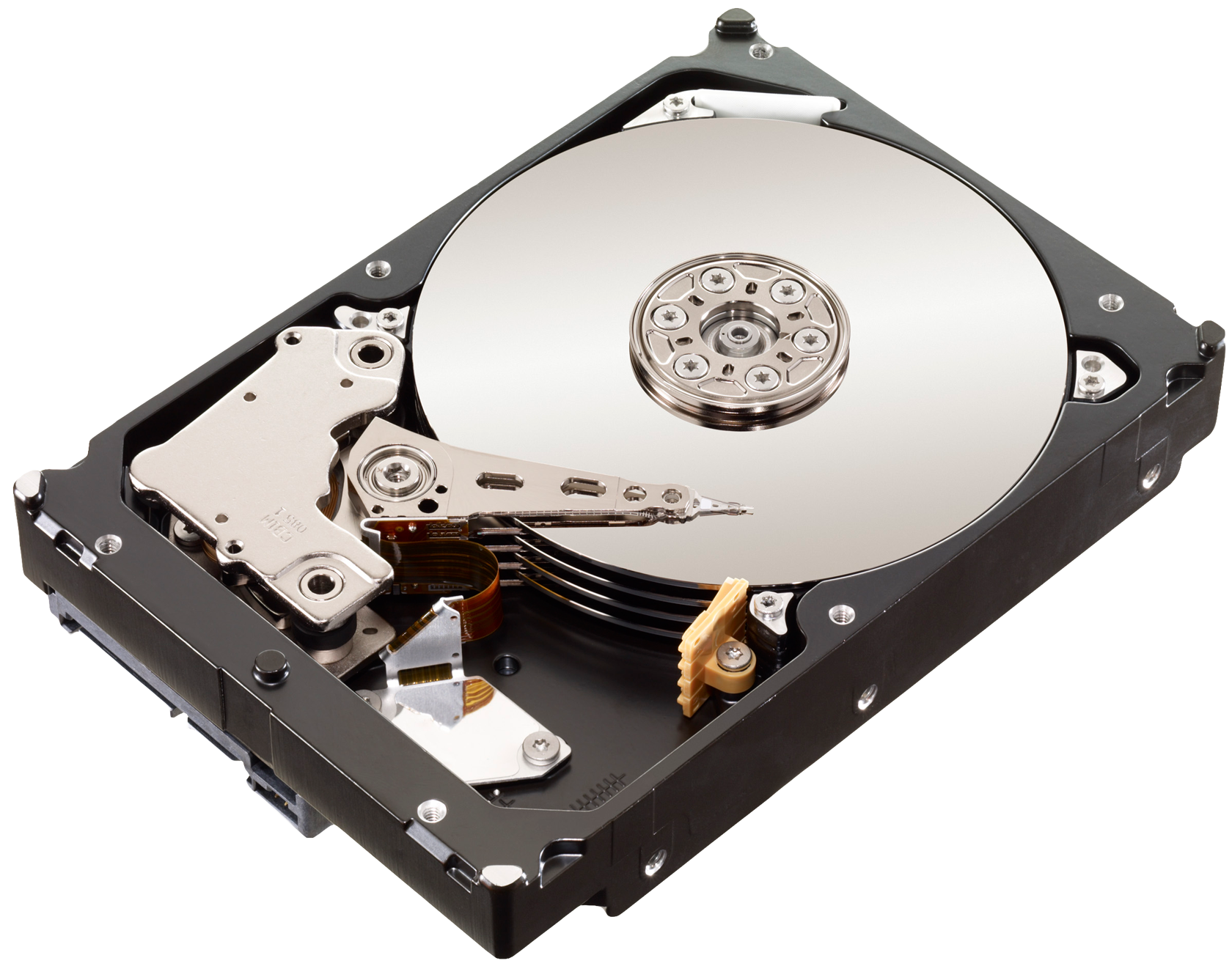The Role of Cache in Hard Drive Performance
Discover the significance of cache in optimizing hard drive performance. Learn how this crucial component enhances data access speed, responsiveness, and overall efficiency in storage devices.
Understanding Cache in Hard Drives
Cache plays a pivotal role in the performance of modern hard drives. It acts as a high-speed temporary storage space located between the computer’s main memory (RAM) and the slower, long-term storage of the hard drive. This intermediary storage serves to accelerate data access and retrieval processes.
Improving Data Access Speed
1. Read Operations: Cache significantly enhances the speed of read operations. Frequently accessed data, such as system files or regularly used applications, is stored in the cache. This means that when the computer requests this data, it can be quickly retrieved from the high-speed cache rather than the slower hard drive, leading to faster response times.
2. Write Operations: Cache also plays a role in write operations. Instead of immediately writing data to the main hard drive, it is initially stored in the cache. This allows the operating system to continue its processes while the data is later written to the hard drive in the background. Write caching improves overall system responsiveness by avoiding delays caused by the slower write speeds of hard drives.
Types of Cache in Hard Drives
1. Disk Cache: This type of cache is integrated into the hard drive itself. It stores frequently accessed data and helps in both read and write operations. Disk cache is crucial for optimizing the performance of traditional hard disk drives (HDDs).
2. RAM Cache: Some storage devices utilize system RAM as a cache. This volatile memory is faster than disk cache but is cleared when the system is powered off. Solid-state drives (SSDs) often benefit from RAM caching for enhanced performance.
Optimizing Overall System Efficiency
Cache significantly contributes to the efficiency of the entire computing system. By reducing the time it takes to access and retrieve data, cache minimizes delays and enhances the overall user experience. This is particularly noticeable when loading applications, booting the operating system, or accessing frequently used files.
Best Practices for Cache Management
1. Regular Maintenance: Keep your hard drive’s cache optimized by performing regular maintenance tasks. This includes clearing unnecessary cached data and ensuring that the cache management settings are appropriately configured.
2. Monitor Cache Size: Understand the cache specifications of your hard drive and ensure it aligns with your computing needs. Some users may benefit from larger cache sizes, especially in scenarios where quick data access is crucial.
Conclusion
Cache plays a crucial role in optimizing hard drive performance, providing faster data access speeds and improving overall system efficiency. As technology advances, understanding and managing cache effectively will continue to be essential for ensuring smooth and responsive computing experiences.


